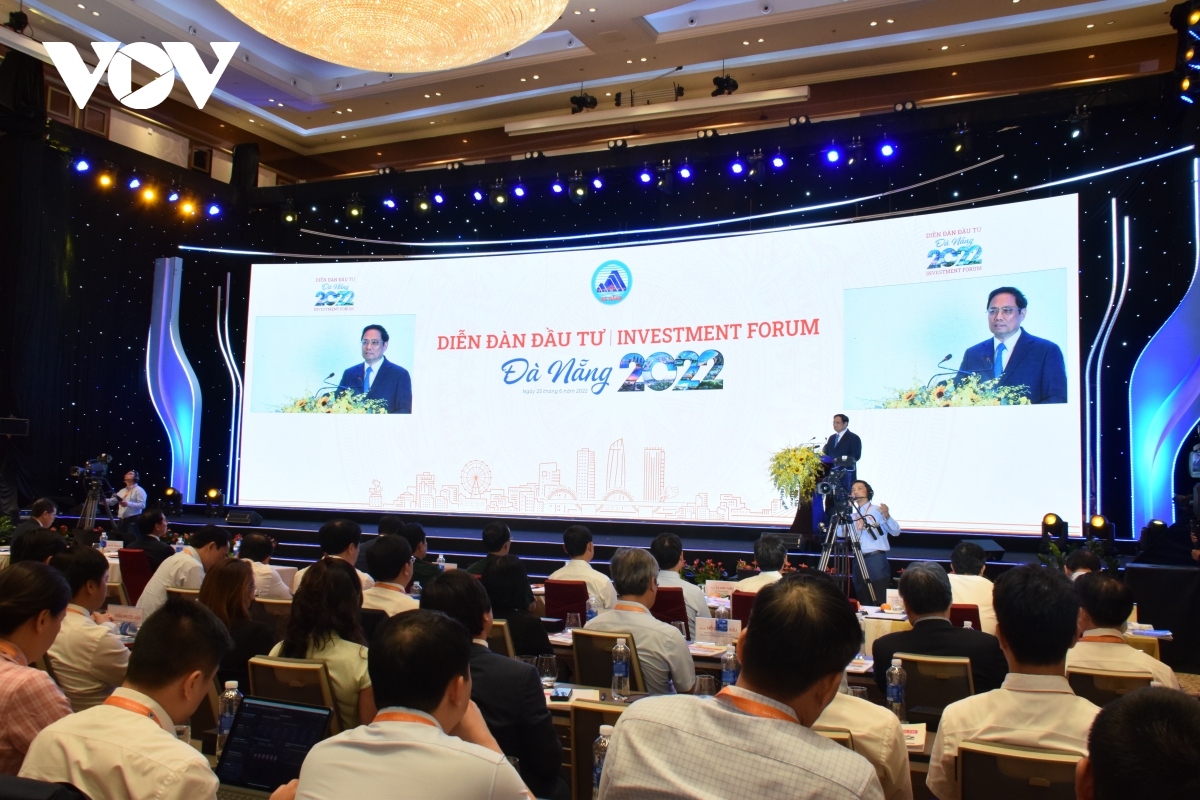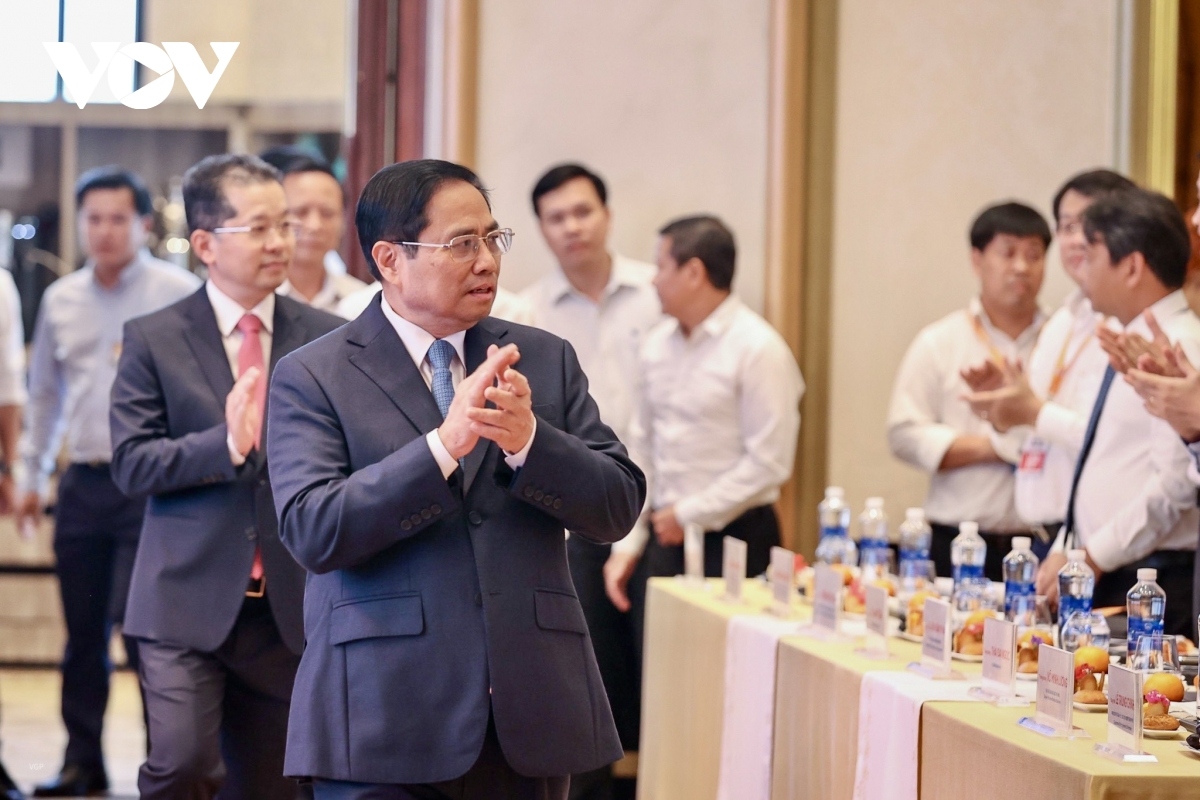World Bank makes recommendations for Da Nang development course
VOV.VN - The World Bank has made key recommendations to help Da Nang, a centrally-run city in central Vietnam, address development challenges and consolidate its role as a growth pole in the region.

Addressing the Da Nang 2022 Investment Forum on June 25, World Bank Country Director for Vietnam Carolyn Turk highlighted Da Nang’s strategic location, with its key international sea and air routes, as an important asset and opportunity for the city to drive its vibrant future growth.
The city has set the vision to further strengthen its role as an economic, financial, and service hub that should drive regional development, while becoming a green, resilient and livable city. To realise this vision, Turk said the city is required to carefully consider the planning and financing of public infrastructure crucial to support the development momentum, including the strong momentum coming from the private sectors, with long-term sustainability at heart.
She pointed out major challenges faced by Da Nang in the future, including increasing in-ward migration that will bring to bear pressure on the city’s existing urban core and basic services.
Long-term solutions should be introduced to addressed these challenges, she said, noting green infrastructure, public green spaces, transport-oriented development, waste management and urban regeneration, are few key sectors with potential to significantly improve livability of the city, and multiply returns on future investments, including those coming from the private sector.

In addition, she said advancement in application of modern, smart technologies will unlock huge growth potential through enabling sophisticated cross-sectoral collaboration and coordination, opening doors to innovative urban solutions, and creating opportunities for the digital economy.
To ensure sustainability, the WB official suggested that future risks, especially climate change risks, must be carefully integrated into urban planning. Planned risk mitigation could help Da Nang not only minimize the costs but also improve the city’s resilience against future climate events.
Da Nang could benefit from committed engagements of all stakeholders, adequate resources and expertise, to prioritize this important task, she said.
To pool financial resources for development, Turk said, in addition to attracting FDI and ODA, Da Nang should attract more private sector resources, both foreign and domestic, for investments in areas of physical and digital infrastructure; high-quality education and medical services; high-tech manufacturing; low carbon development, and tourism.
She recommended that Da Nang consider conducting a credit rating analysis, which is critical to attract market interests and confidence, as well as to help establish competitive pricing of debt instruments.
Continued strong economic performance, improved business and investment environment, as well as transparent, disciplined and efficient fiscal management are key elements to manage for achieving a sound credit rating of the city, she said.
We are committed to bring our global knowledge and experience, convening power, and financing to work with the city, development partners, private sectors and all stakeholders for the sustainable development of Da Nang, Turk assured.

